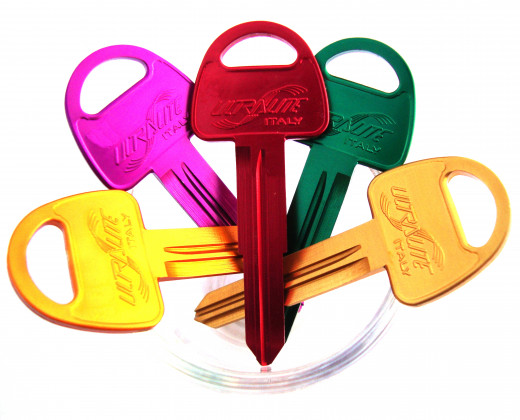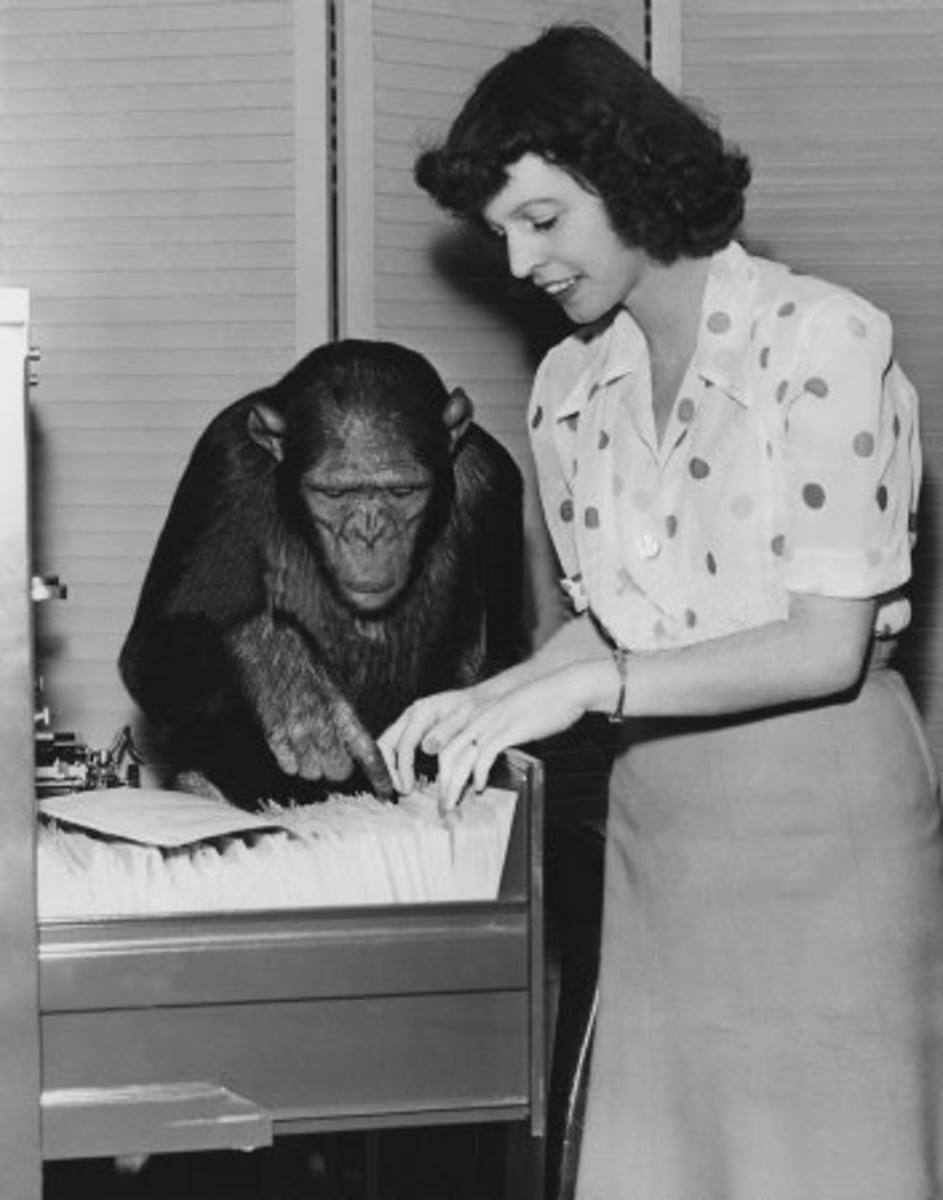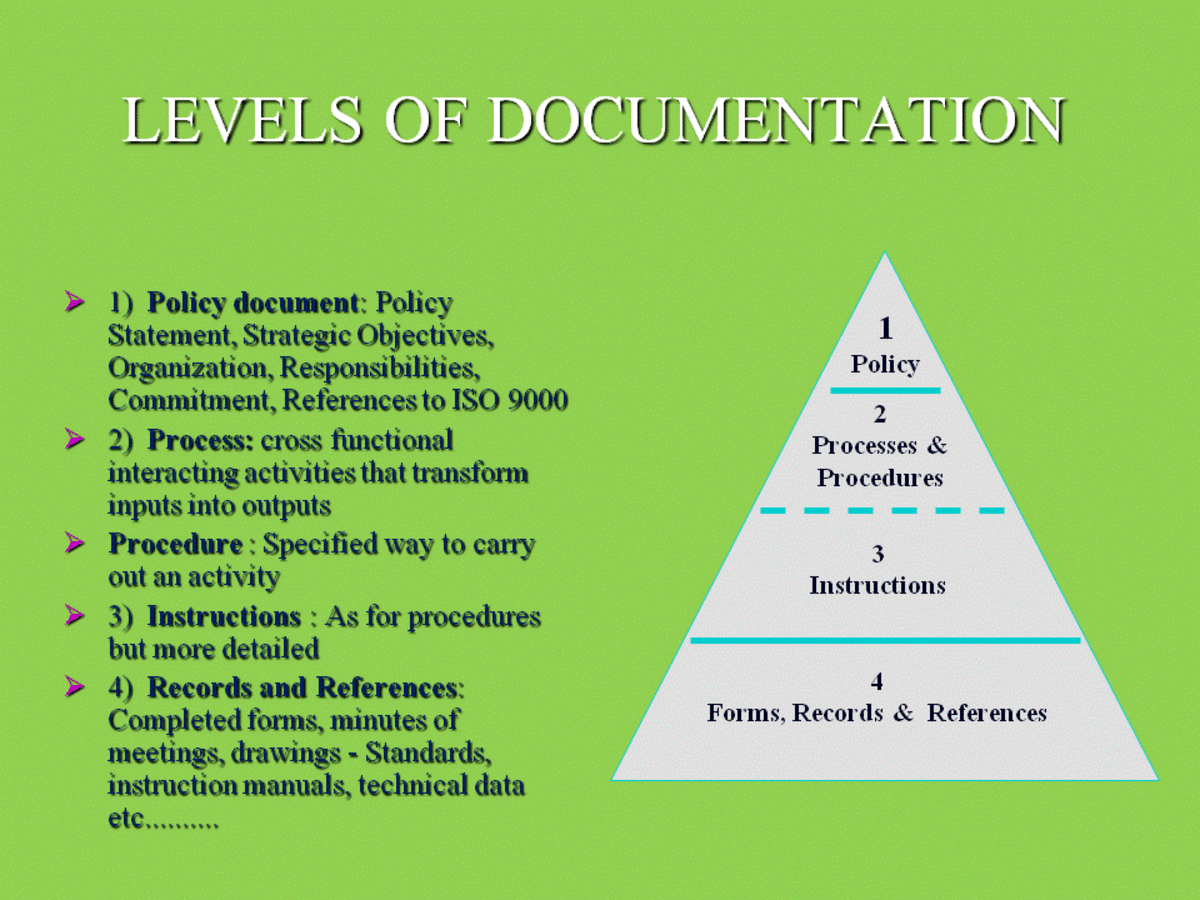Management Skills: Ethical Dilemmas, Values, & Morals in Business

Ethical dilemmas arise when the question of what is right or wrong is unclear. In technical terms, an ethical dilemma is any situation in which the ethical course of action is ill defined or in which there are two or more conflicting correct alternative courses of action. The complexities of today’s business world often present managers with a continuous slew of ethical dilemmas. Difficult situations are often the trigger of these ethical quandaries.
Managers' Ethical Behavior

Some managers have a strong moral foundation and value system, but most do not focus on ethics in their professional lives. These managers only become aware of the importance of ethics when an ethical dilemma arises. Because managers have not practiced ethical behavior, their sporadic actions are often deemed as incompetence, unethical, or unfairness.
Management Dilemmas

Ethical dilemmas pose a serious challenge to managers, because they are often looked up to in terms of making important decisions. Thus, they must possess the needed skills that enable them to deal with ethical dilemmas in the best manner; these skills are not always easy for managers to learn or obtain.
Personal Moral Development

Many employees use their innate value system or ingrained ethical principles in order to solve ethical dilemmas that come across their path. The way in which an ethical dilemma is solved is often affected by the ethical intensity of the situation as well as the manager’s moral maturity and his or her ethical principles.
Problem Solving

Problem solving in a company is a skill that eager managers can learn. Managers can be taught to solve problems consistently and effectively. Effective routine problem solving requires a personal ethical framework for making decisions and taking actions. Problem solving revolves around the application of this framework. Mangers need a framework to help them thick about and address ethical dilemmas and solve ethical problems consistently and effectively.
Unethical Behavior

A common source of ethical dilemmas for managers is the company’s interactions with competitors. These types of dilemmas require discipline and principle. One type of ethical dilemma is corporate espionage. Corporate espionage refers to behaviors that are obviously unethical. This typically poses a dilemma for managers. Behaviors that are obviously unethical, such as stealing, trade secrets, or bribing another company’s employees to provide competitive information, are illegal.
Self Assessment Tool: Individual Ethics Profile

What is your ethical profile? In what areas do you need to improve upon? In what areas are you doing well? Where are your strengths? Learn more about your ethical profile with this quiz. With these twelve pairs of statements or phrases, read each pair and check the one that you most agree with. For example, check either 1 or 2, check either 3 or 4, check either 5 or 6, etc.

- The greatest good for the greatest number.
- The individual’s right to private property.
- Adhering to rules designed to maximize benefits to all.
- Individuals’ rights to complete freedom in action, as long as others’ rights are similarly respected.
- The right of an individual to speak freely without fear of being fired.
- Engaging in technically illegal behavior in order to attain substantial benefits for all.
- Individuals’ rights to personal privacy.
- The obligation to gather personal information to ensure that individuals are treated equitably.
- Helping those in danger when doing so would unduly endanger oneself.
- The right of employees to know about any danger in the job setting.
- Minimizing inequities among employees in the job setting.
- Maintaining significant inequities among employees when the ultimate result is to benefit all.
- Companies must not require employees to take actions that would restrict the freedom of others or cause others harm.
- Companies must tell employees the full truth about work hazards.
- What is good is what helps the company attain ends that benefit everyone.
- What is good is equitable treatment for all employees of the company.
- Companies must stay out of employees’ private lives.
- Employees should act to achieve company goals that result in benefits to all.
- Questionable means are acceptable if they achieve good ends.
- Individuals must follow their consciences, even if doing so hurts the company.
- Safety of individual employees about all else.
- Obligation to aid those in great need.
- Employees should follow rules that preserve the individual’s freedom of action while reducing inequities.
- Employees must do their best to follow rules designed to enhance company attainment.
Scoring
After checking off the applicable statements, you should have 12 check marks. Now, depending on the number of the question you checked, circle it on the chart below.
1 2 4
3 5 8
6 7 9
12 10 11
15 14 13
18 17 16
19 20 22
24 21 23
Column 1 = Utilitarian
Column 2 = Rights
Column 3 = Justice
Now, total the number of circles per column. Whichever is the highest, is the type of ethics profile you meet (Utilitarian, Moral Rights, or Justice).
Ethical Profile
Which ethical profile are you?

A company can outline how it wants its employees to behave toward customers, but it cannot tell customers how to behave toward employees. In that sense, a company can benefit from a less formal ethical framework, such as a utilitarian or justice-based view, when it comes to dealing with customers. Below are the details of these three types of ethical profiles.

Ethical Profiles
Utilitarian
| The rightness or wrongness of an action is determined by its consequences.
|
Rights
| The rightness or wrongness of an action is determined by whether it is consistent with human rights.
|
Justice
| The rightness or wrongness of an action is determined by whether it is just.
|
Utilitarianism

Utilitarianism requires that the consequences of an action be measured based on everyone affected. Basically, you should never take an action that does not result in the greater good for society. This means when you take action, you must consider how it will affect other people.
The Utilitarian Framework

Decision making within the utilitarian framework involves:
- Determining any alternative actions that are available for any particular decision.
- Estimating or forecasting the pros and cons that a given action will produce for every person affected by it.
- Choosing the alternative that produces the greatest utility or that produces the least amount of discord.

The Utilitarian Framework can help provide sound ethical solutions. There are mixed opinions on the utilitarian ethical profile and how it is approached. Some believe that the pro equal pleasure and the con equal pain while others judge good and evil by their effect on one’s value system such as beauty, friendship, love, etc.

The utilitarian ethical profile has many disadvantages. For one, it is difficult to measure the consequences of an action and how it will affect others. Secondly, it is complicated to put into practice. Finally, it very hard to defend.

The utilitarian ethical profile has the advantage of providing employees and managers with a simple framework for how to resolve ethical dilemmas. One of the examples of the utilitarian viewpoint is the way a company treats its customers. This helps employees and managers take into consideration the consequences of a decision or action for both the customer and the company. Another way to put it is that an action that is good for the customer but poor for the company should not be taken.

An effective way to establish a utilitarian framework that employees can use to deal with customers is to delegate some decision making to employees. A company can establish service-level philosophies and guidelines that will let employees act with discretion when meeting customer needs. Quick decision making within a utilitarian framework can add up to satisfied customers within rational budgets.
Rights

Ethical rights are fundamental, because they are necessary obligations people have toward one another. The rights-based approach to ethics does not attempt to formally derive the ethical value of each possible action, but it allows people to decide in the course of life whether actions and behaviors are right and ethical. The principle of individual rights holds that you should never take an action that infringes on others’ agreed-upon rights.

Many companies have developed policies or codes of ethics regarding employee rights. These policies declare which values, privileges, and responsibilities the company considers as fundamental. Also, since a company has the authority and control over its employees, it can enforce the upholding of such rights among and between employees.

The United Nations Human Rights
The right to own property alone, as well as in association with others.
|
The right to work, to free choice of employment, to just and favorable conditions of work, and to protection against unemployment
|
The right to just and favorable remuneration, ensuring for the worker and his family an existence worthy of human dignity
|
The right to form and join trade unions
|
The right to rest and leisure, including reasonable limitations of working hours and periodic holidays with pay
|
Justice

This ethical profile of a manager means that the manager places his or herself in a mental frame of mind where personal desires and interests are equal to everyone else’s. This is difficult and practical in today’s competitive business environment.

This ethical profile contains two principles:
- Each person is to have an equal right to the most extensive basic liberty compatible with a similar liberty of others.
- Social and economic inequalities are to be arranged so that they are (a) reasonably expected to be to everyone’s advantage, and (b) attached to positions and offices open to all.

The principle of distributive justice says you should never take any action that harms the least fortunate among us in some way. This principle is designed to protect the poor, under-educated, and the unemployed. Simply asking employees to treat customers the way they’d like to be treated can help illustrate the positive effects of ethical behavior.

A company should leave employees with no discretion when it comes to honest, truthful, employee-customer interactions. There are some principles that can guide employees in their dealings with customers. Often, a justice-based approach can help drive home this message.
Ethical Dilemmas
Justice-based principles can be taught. Managers should ensure that their subordinates are aware of the principles and follow them. There are many ways to do this. Managers can set up training programs, model appropriate behavior, and use role-playing to drive home the basic justice-based principles of effective and ethical customer service.

The ethics of a manager is crucial, because they are often faced with ethical dilemmas and have to make lightening fast smart decisions. Having a strong ethical foundation illustrates one’s moral development, assists in problem solving, and helps managers know how to handle unethical behavior. Managers can have three different types of ethical profiles: Utilitarian, Rights, and Justice. These types of ethical profiles show a manager’s ethical framework and background.








